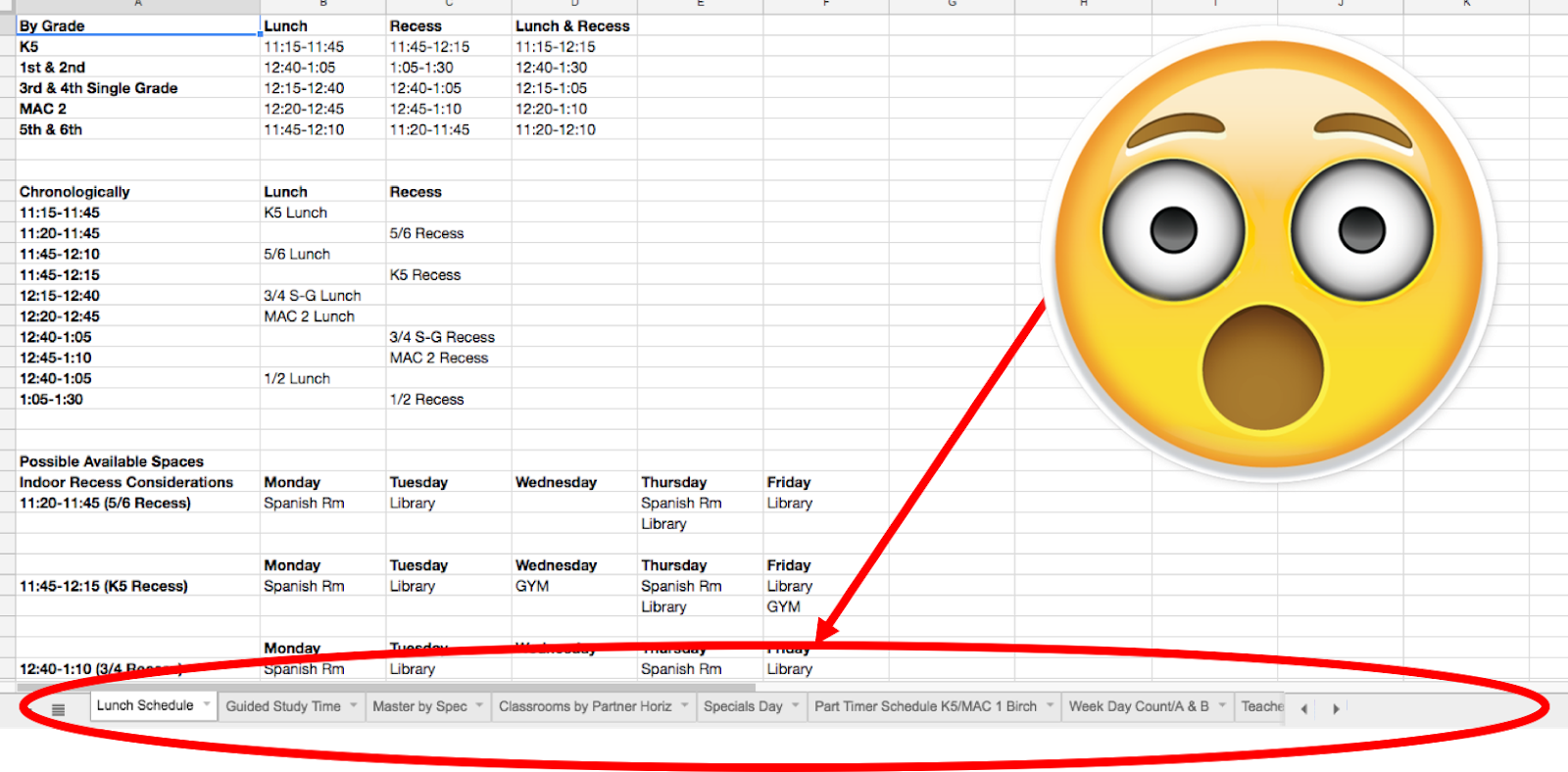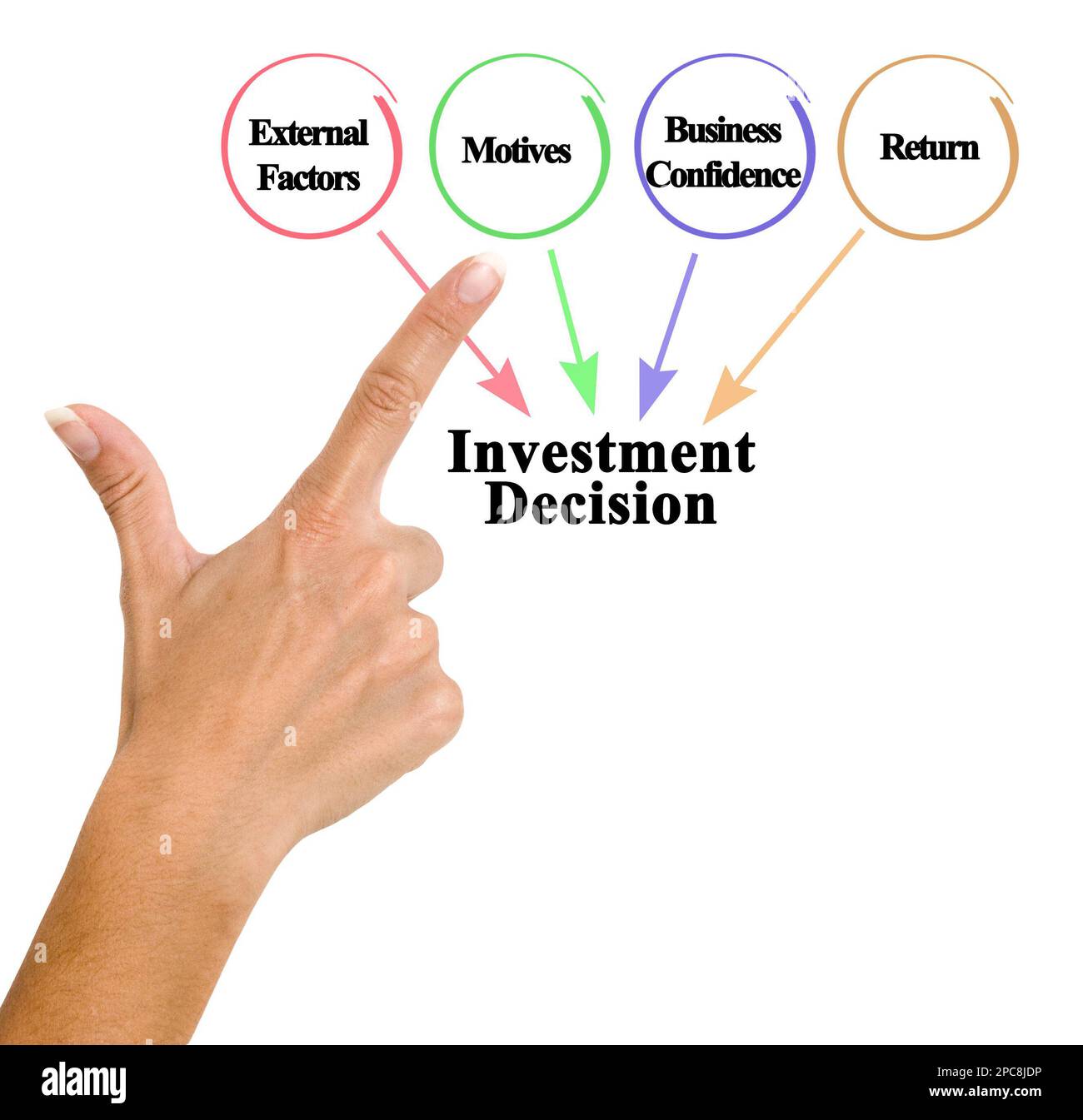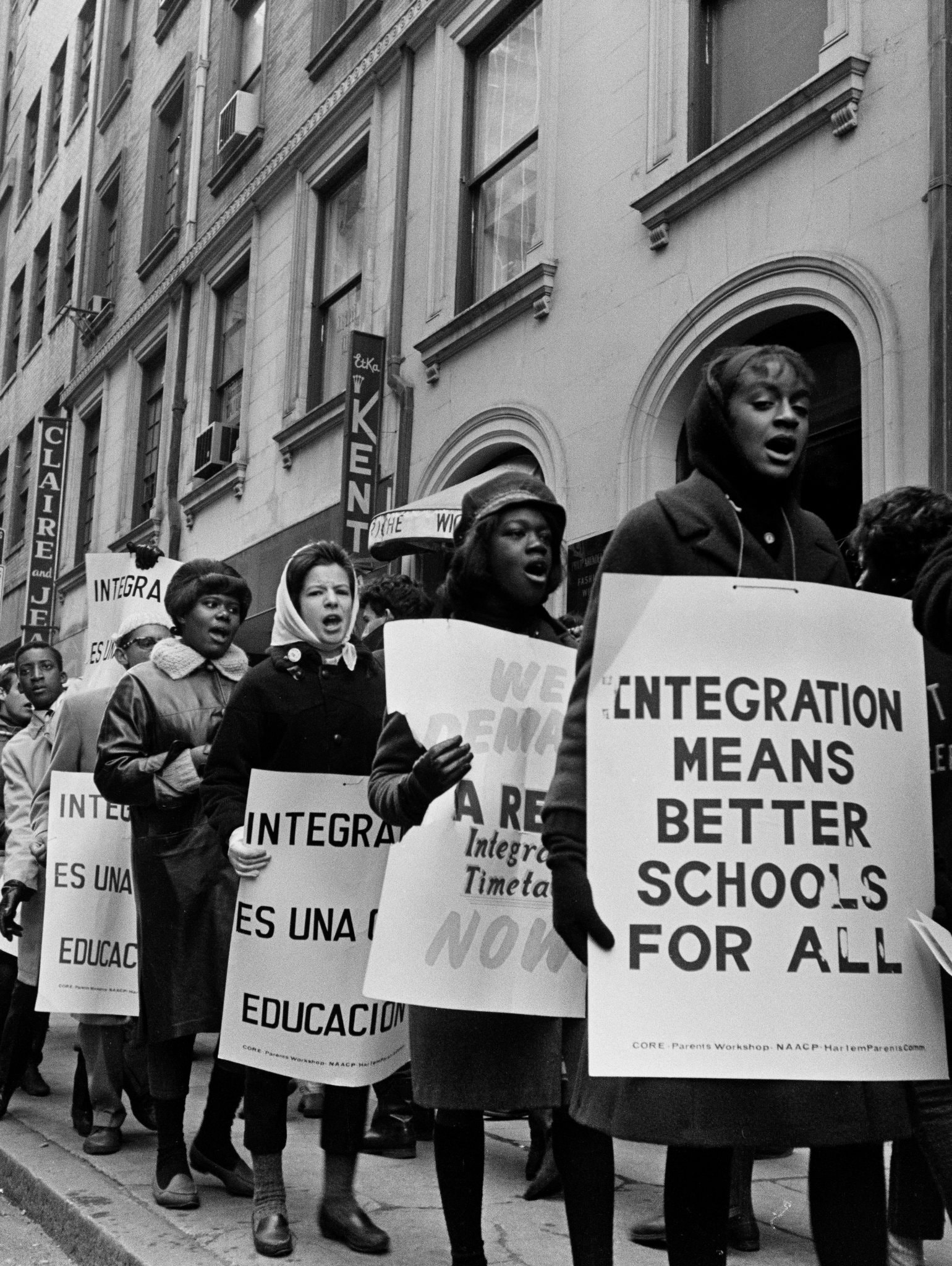Glastonbury's Scheduling Nightmare: Overlapping Acts Cause Fan Frustration

Table of Contents
The Complexity of Glastonbury's Lineup & Scheduling
Glastonbury's lineup is a monumental undertaking. Hundreds of artists perform simultaneously across dozens of stages, from the iconic Pyramid Stage to the vibrant Other Stage and countless smaller venues. Coordinating these performances is a logistical challenge of immense proportions. This involves navigating the intricate web of artist availability, stage setup times (considering the massive stage changes required between headliners), set lengths, and ensuring a smooth flow across the entire festival site. The sheer scale of the operation often makes completely avoiding scheduling conflicts near impossible.
- The sheer number of stages and artists makes conflict unavoidable. With so many acts vying for time slots, some overlap is inevitable, even with the most sophisticated scheduling.
- Artist availability and touring schedules heavily influence scheduling. Artists have pre-existing commitments and tour dates which severely restrict the available time slots.
- Set times must be balanced to ensure even crowd distribution across stages. Organizers need to prevent overcrowding in one area while leaving others sparsely populated.
- Unexpected delays and technical issues can further exacerbate scheduling conflicts. A late-running act on one stage can create a domino effect, pushing back subsequent performances and increasing the likelihood of overlaps.
The Fan's Perspective: The Heartbreak of Choosing
The emotional toll on festival-goers forced to choose between beloved acts is significant. The heart-wrenching dilemma of missing a favorite artist due to scheduling conflicts is a common theme among Glastonbury attendees. The resulting disappointment frequently spills over onto social media, with fans expressing their frustration and sharing their agonizing decisions. This "Glastonbury conflict" is a real issue for many.
- Many fans express frustration on social media about overlapping acts. #GlastonburyConflicts and similar hashtags frequently trend during and after the festival.
- The emotional investment in seeing specific artists leads to significant disappointment. Fans often plan their entire festival experience around seeing certain acts, making missed performances particularly disheartening.
- Missed performances create a sense of incompleteness to the festival experience. The feeling of having missed out on a key part of the event can detract from the overall enjoyment.
- The cost of tickets adds to the feeling of loss when missing a desired act. The high price of Glastonbury tickets amplifies the disappointment of missing a much-anticipated performance.
Solutions and Improvements for Future Glastonbury Lineups
Addressing the "Glastonbury's Scheduling Nightmare" requires proactive measures. Several improvements could significantly mitigate the problem of overlapping acts.
- Implement a more sophisticated algorithm to minimize overlapping acts. Advanced scheduling software could analyze artist availability, set lengths, and stage capacities to optimize the schedule and reduce conflicts.
- Conduct surveys and gather fan feedback to inform scheduling decisions. Understanding fan preferences and priorities can help organizers make more informed choices about scheduling.
- Consider staggered set times to minimize the most egregious overlaps. Slightly offsetting start times could allow fans to catch the tail end of one act before moving to another.
- Improve the festival app’s navigation and artist information displays. A user-friendly app with clear visualizations of the schedule and easily accessible artist information could help fans plan their viewing efficiently.
The Economic Impact of Overlapping Acts
Poor scheduling doesn't just impact the fan experience; it also has potential economic consequences. Happy attendees are more likely to spend money on merchandise, food, and drinks, boosting the overall revenue generated by the festival. Frustrated attendees, however, might be less inclined to spend.
- Frustrated attendees may spend less money on food, drinks, and merchandise. A negative experience can dampen the spending habits of festival-goers.
- Negative social media sentiment can impact future ticket sales. Public complaints about scheduling issues can deter potential attendees from purchasing tickets in future years.
- A negative experience may discourage repeat attendance. A disappointing Glastonbury experience might discourage attendees from returning in subsequent years.
Conclusion
Glastonbury's overlapping acts represent a significant challenge, impacting both fan experience and the festival's overall economic success. While the sheer scale of the event makes complete avoidance of conflict difficult, implementing improved scheduling techniques, incorporating fan feedback, and developing better app functionality can significantly mitigate this "Glastonbury's Scheduling Nightmare." Addressing this issue through strategic planning will enhance the overall enjoyment for attendees and solidify Glastonbury's reputation as a premier music festival. Let's work together to make future Glastonbury experiences even better by minimizing overlapping acts and ensuring a fantastic festival for all.

Featured Posts
-
 Serious Bullying Allegations Against Reform Uks Rupert Lowe
May 03, 2025
Serious Bullying Allegations Against Reform Uks Rupert Lowe
May 03, 2025 -
 Winning Numbers Daily Lotto Wednesday 16th April 2025
May 03, 2025
Winning Numbers Daily Lotto Wednesday 16th April 2025
May 03, 2025 -
 Riot Platforms Stock Price Analysis Factors Influencing Riots Performance
May 03, 2025
Riot Platforms Stock Price Analysis Factors Influencing Riots Performance
May 03, 2025 -
 Recent Lotto Lotto Plus 1 And Lotto Plus 2 Winning Numbers
May 03, 2025
Recent Lotto Lotto Plus 1 And Lotto Plus 2 Winning Numbers
May 03, 2025 -
 School Desegregation The End Of An Era And The Challenges Ahead
May 03, 2025
School Desegregation The End Of An Era And The Challenges Ahead
May 03, 2025
